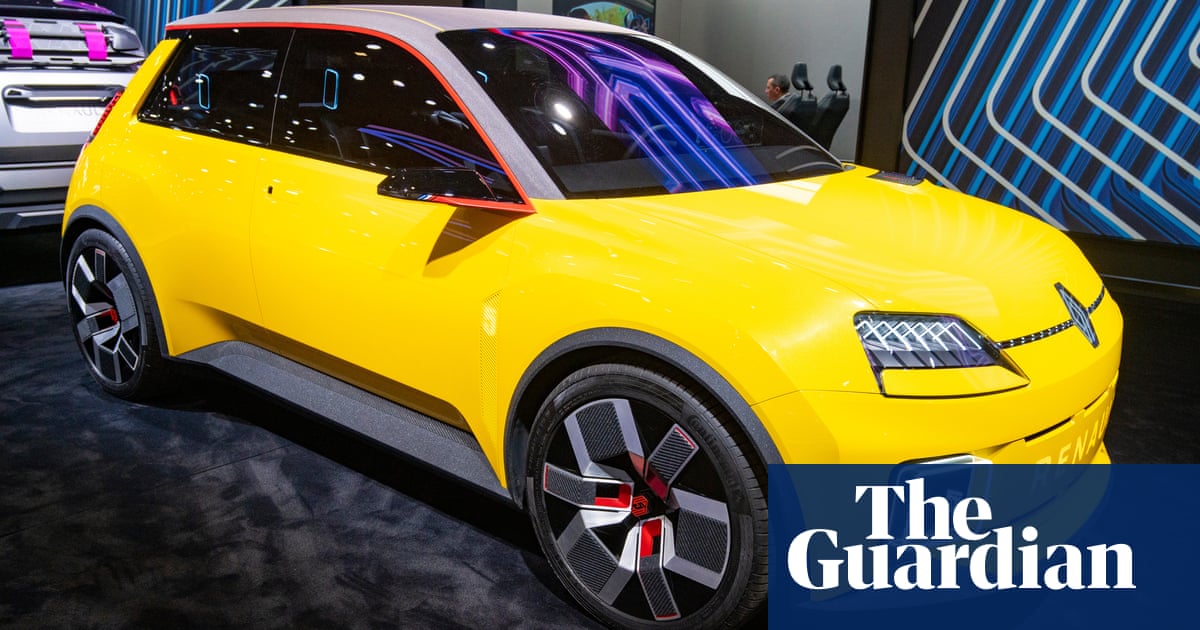
There is now less than two months to go before America’s crucial midterm elections are held, with the Democrats in danger of losing both the House and the Senate. Democratic candidates have been trying to distance their election campaigns from President Joe Biden due to his low approval rates, which may even lead his party to decline to nominate him for a second term. The same theory applies to his deputy, Kamala Harris, who has not succeeded in any task assigned to her so far.
Even the liberal-leaning Washington Post admitted last month that dozens of Democratic candidates in the most competitive battleground states did not want the president or vice president’s help. “He is being attacked more often in televised ads than (Barack) Obama was at this point in 2010 or (Donald) Trump was in 2018. He goes largely unnamed on Democratic campaign websites and Twitter accounts. And candidates in key races in battleground states are either not asking him to come — or actively avoiding him when he does,” the newspaper reported.
However, Biden has insisted on making himself relevant to the elections, even if he was not asked to do so. His administration’s strategy until Nov. 8 is to focus on the president"s achievements. The White House plans to take advantage of every public event to highlight its plans to decrease inflation and amend the country’s economy.
In August, Biden signed into law the Inflation Reduction Act, which actually has nothing to do with inflation, describing it as a “victory for the American people.” Biden is back to selling dreams to the American people, knowing that this plan will not help anyone, but who is counting?
According to the new law, the US government will make electric vehicles more attainable for buyers by granting them tax credits and additional incentives. For example, it offers a $7,500 federal tax credit for each electric vehicle assembled in America if it is put into service after Dec. 31, 2022. Additionally, the tax credit will include used fully electric vehicles that are at least two years old.
Biden last week visited the North American International Auto Show in Detroit, in which electric vehicles were the highlight. The president informed attendees that, as part of the Infrastructure Law, which was passed last year, his government was planning to invest $7.5 billion to build charging stations across the country. “The great American road trip is going to be fully electrified. Whether you’re driving coast to coast, along the I-10 or on I-75 here in Michigan, charging stations will be up and as easy to find as gas stations are now,” he said.
This dream would be fantastic if only it was attainable and Americans were ready to give up their gas cars. Let us think about price, supply and charging stations.
This dream would be fantastic if only it was attainable and Americans were ready to give up their gas cars.
Dalia Al-Aqidi
The first obstacle facing the electric vehicle dream is the sale price, which has reached about $62,000. The US median household income is approximately $65,000. If we do the math, we can figure out that it will not work.
And, according to the UK’s Guardian newspaper, supply issues mean a consumer who orders an electric vehicle at the ongoing auto show may not get it until 2024, costing the car manufacturers customers.
The US does not have the capabilities to build an electric vehicle charging station network, which makes it difficult for consumers to give up their gas vehicles. Installing home charging stations would take at least 10 years to be efficient.
The Democrats are selling a dream that sounds like music to the progressives’ ears, but cannot be achieved, in the hope of achieving political gains in November.
And what is the use of switching to electric cars while their advocates use commercial and private aircraft to travel around? Or driving an electric vehicle with an electric generator in the trunk that uses gas to charge the vehicle in case it stops in the middle of the road?
While hurting lower and middle-income families, only time will tell whether Biden’s dream of an electric vehicle revolution will stand a chance or fade away.
• Dalia Al-Aqidi is a senior fellow at the Center for Security Policy.
Twitter: @DaliaAlAqidi











